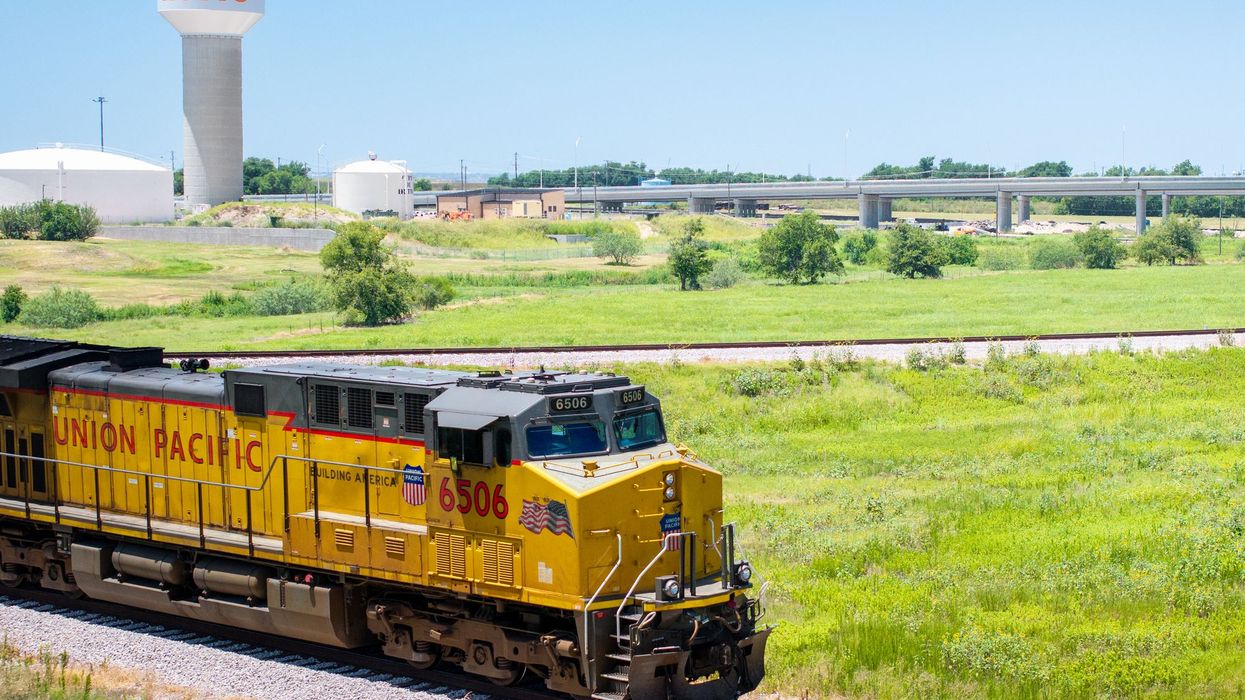To mark the tenth anniversary of the enactment of the USA PATRIOT Act, The Constitution Project today released a list of ten legal reforms it says are still urgently needed to safeguard the liberty and security of all Americans.
"While we recognize that some provisions of the PATRIOT Act may have helped in the fight against terrorism, the PATRIOT Act was only the first of many statutes and government programs initiated in the past ten years that unfortunately intrude too deeply into our privacy rights and civil liberties," said Virginia Sloan, founder and president of The Constitution Project (TCP), a think-tank devoted to developing bipartisan policy consensus on difficult legal issues.
Adopted by Congress and signed into law in the immediate aftermath of the terrorist attacks of September 11, 2001, the PATRIOT Act substantially expanded the ability of law enforcement agencies to conduct surveillance activities and to monitor private records and communications. A few changes have been enacted since 2001, but critics such as TCP claim the privacy safeguards in the law are still woefully inadequate.
Despite bipartisan coalitions in opposition, Congress has subsequently made many of the Act's provisions permanent, and has continued to extend other provisions of the law, most recently until 2015.
Sloan noted, however, that the erosion of civil liberties since the 9/11 attacks did not end with the PATRIOT Act.
"As the PATRIOT Act turns ten, we are calling for ten reforms President Obama and the Congress should initiate today to enhance national security and restore constitutional protections," she said.
In addition to the changes called for in the organization's Statement on Reforming the PATRIOT Act, items on TCP's top ten list include:
- improving safeguards for the government's use of electronic surveillance technology;
- promoting openness and accountability in government by stopping over-classification of documents;
- ending the use of the state secrets privilege as an immunity doctrine;
- limiting the use "material support" laws to avoid criminalizing free speech;
- restoring checks and balances in the decision to use military force abroad; and,
- preventing the over-militarization of counterterrorism and detainee policies.
The full list of Ten Civil Liberties Reforms Still Needed as the PATRIOT Act Turns Ten, along with a brief explanation of each item, is available on The Constitution Project's website.
"These ten critical changes would ensure that the government possesses the needed authorities to keep our nation safe, but also offer protections to safeguard the privacy and individual rights of all Americans," Sloan said.
"Security and liberty should be seen as two sides of the same coin," she said.



